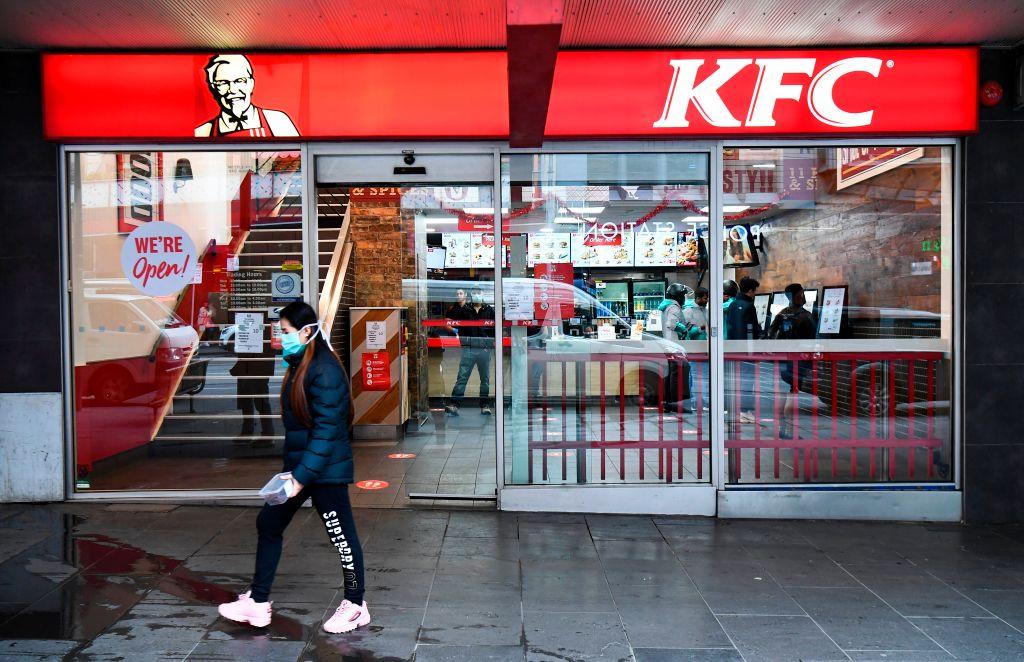Australian customers are finding that staff shortages have not only affected supermarket shelves, but also the operation of fast-food giants, such as McDonald’s and KFC.
KFC is experiencing a shortage of poultry meat, forcing some of its restaurants to offer a reduced menu.





